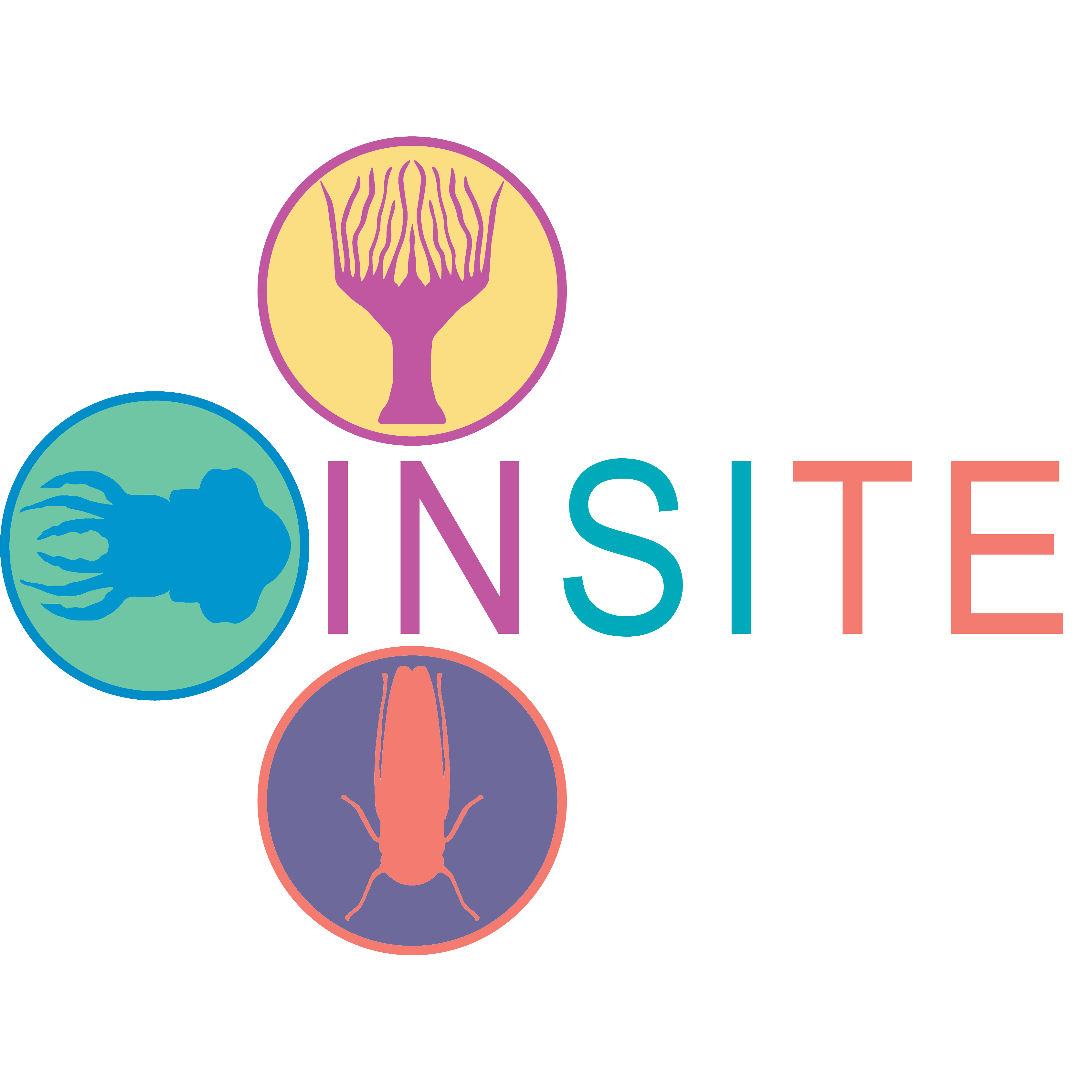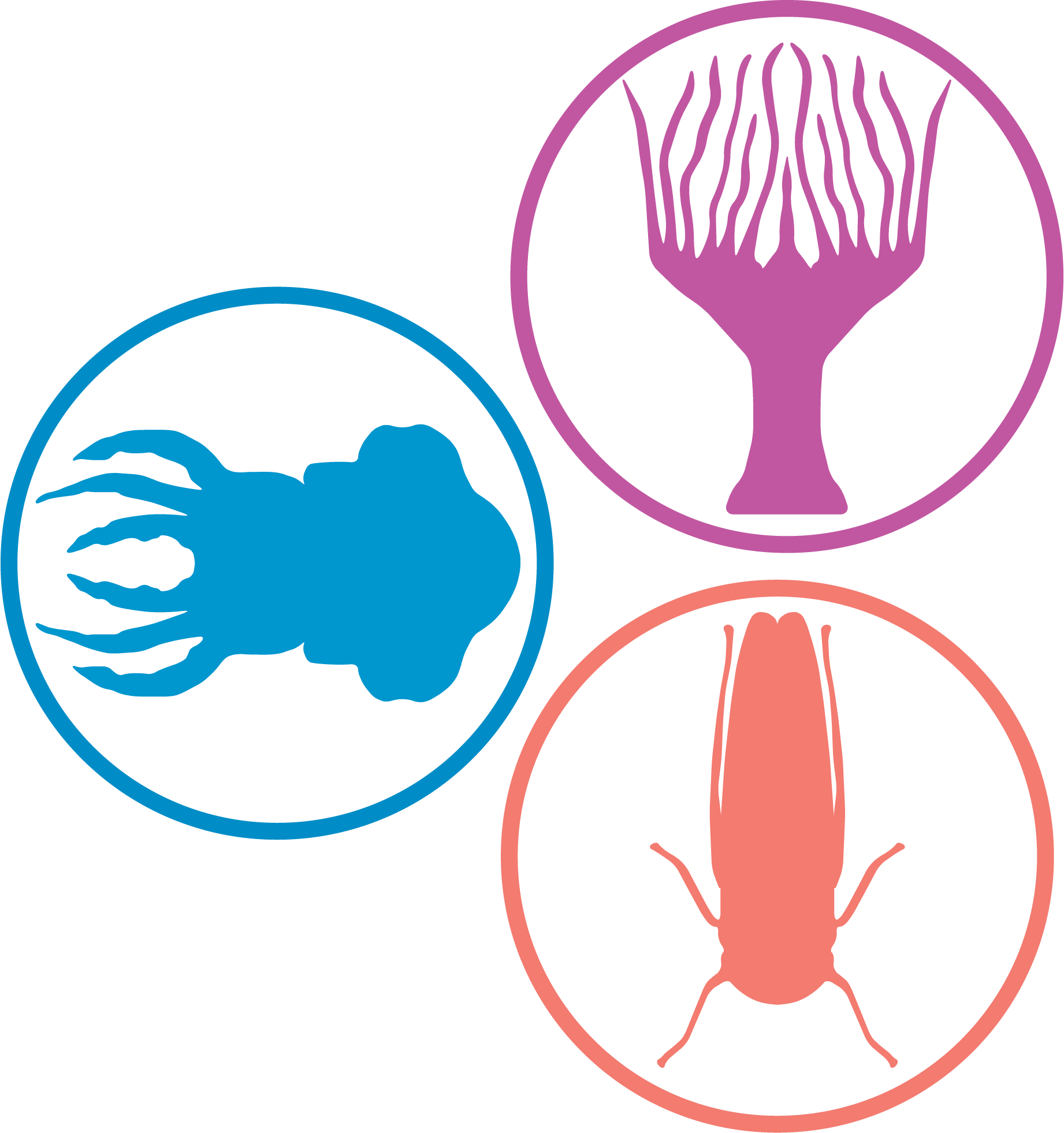

Our mission is to ensure the generation of accurate and precise findings.
Please enter subscribe form shortcode
Please enter instagram feed shortcode
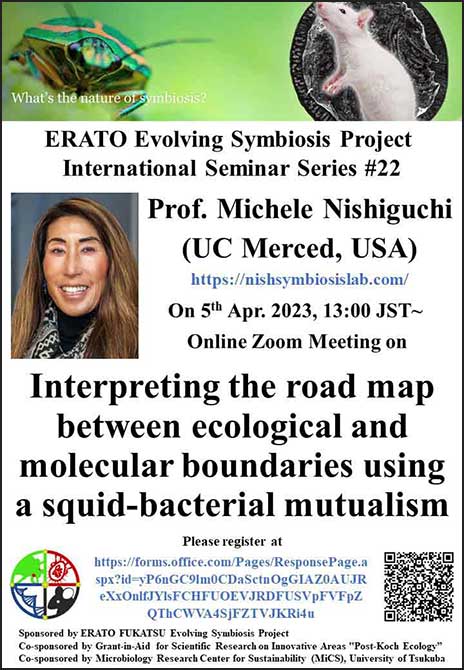 Prof. Michele Nishiguchi (University of California Merced, USA)
“Interpreting the road map between ecological and molecular boundaries using a squid-bacterial mutualism”
Prof. Michele Nishiguchi (University of California Merced, USA)
“Interpreting the road map between ecological and molecular boundaries using a squid-bacterial mutualism”
Abstract: The mutualistic association between sepiolid squids (Mollusca: Cephalopoda) and their Vibrio symbionts is an experimentally tractable model to study the evolution of animal-bacterial associations through both wild-caught and experimentally evolved populations. Since Vibrio bacteria are environmentally transmitted to new hosts with every generation, it provides a unique opportunity to resolve how changing environmental conditions may effect bacterial infection, colonization, and persistence in different host species. Vibrio bacteria encounter potentially conflicting selective pressures, competing with one another to colonize the sepiolid light organ, but also vying for resources in the environment outside the squid. Both abiotic and biotic factors contribute to the fitness of individual strains of Vibrio bacteria, but which of these factors are amenable to adaptation and eventually lead to a successful beneficial association has yet to be elucidated. This seminar will cover how environmental conditions and host specificity lead to the development of symbiotically adapted Vibrio bacteria, generating new ideas on the evolution of beneficial associations.
Prof. Nishiguchi’s website:
https://nishsymbiosislab.com/
ERATO Evolving Symbiosis Project International Seminar Series #22
Sponsored by ERATO FUKATSU Evolving Symbiosis Project
https://www.jst.go.jp/erato/fukatsu/english/
Co-sponsored by Grant-in-Aid for Scientific Research on Innovative Areas “Post-Koch Ecology”
https://postkoch.jp/about/
Co-sponsored by Microbiology Research Center for Sustainability (MiCS), University of Tsukuba
https://www.mics.tsukuba.ac.jp/en
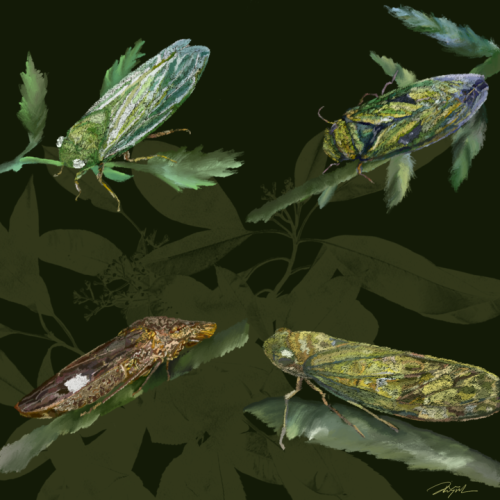
Chromosome-level genome assembly of the aster leafhopper (Macrosteles quadrilineatus) reveals the role of environment and microbial symbiosis in shaping pest insect genome evolution
Read Article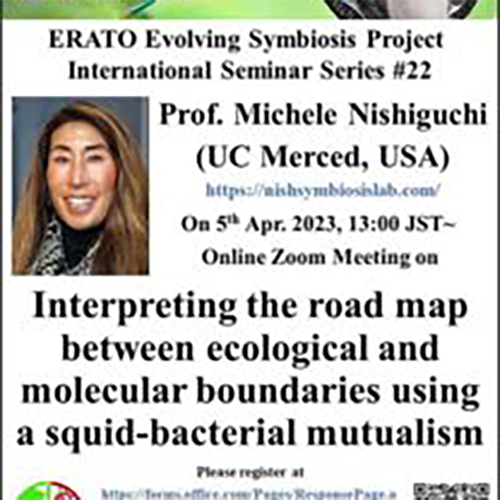
Prof. Michele Nishiguchi (University of California Merced, USA) “Interpreting the road map between ecological and molecular boundaries using a squid-bacterial mutualism”
Read More
Molecular and Cellular Biology Professor Michele “Nish” Nishiguchi has been inducted as a Fellow of the California Academy of Sciences and was recently named president-elect for the Society for Integrative and Comparative Biology (SICB).“Interpreting the road map between ecological and molecular boundaries using a squid-bacterial mutualism”
Read More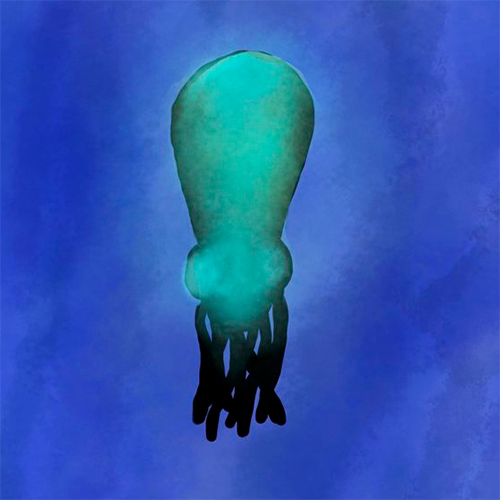
Prof. Michele Nishiguchi (University of California Merced, USA) “Interpreting the road map between ecological and molecular boundaries using a squid-bacterial mutualism”
Read More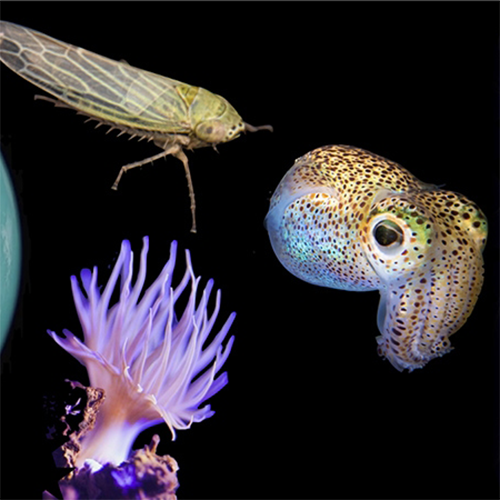
UC Merced has received a $12.5 million grant funded by the National Science Foundation (NSF) to develop the Biology Integration Institute (BII): INSITE — the INstitute for Symbiotic Interactions, Training and Education — a research collaborative that aims to expand the fundamental knowledge of symbioses and inform immediate and long-term conservation strategies in the face of climate change.
Read More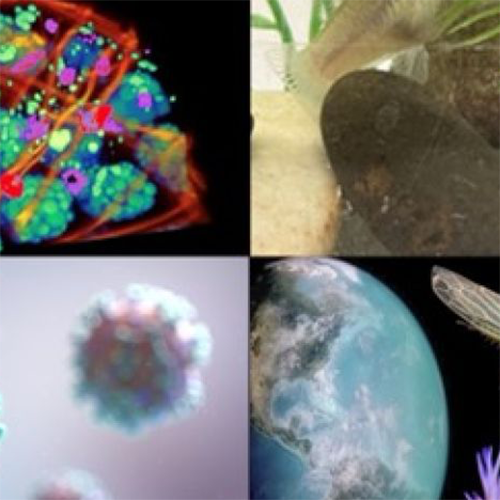
From understanding the multifaceted transmission of disease to deciphering how living organisms adapt to harsh conditions, answering big questions in biology requires interdisciplinary research and scientists engaging and partnering with those from other fields of study.
Read More
